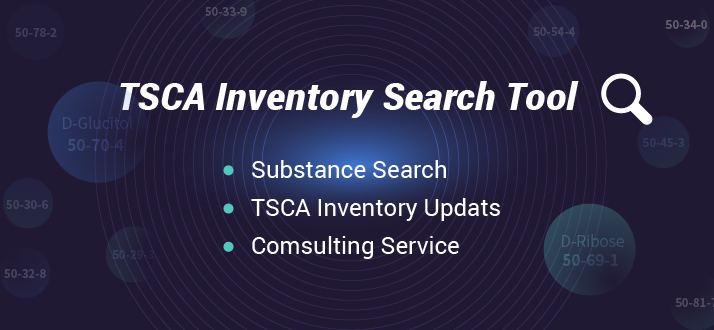EU bans animal testing for cosmetics
The production of new cosmetics and new cosmetic ingredients must no longer involve animal testing for all countries within EU territory as of March 11th 2013. The Directive oversees manufacture of all cosmetics, including beauty product, soap, toothpaste, etc.
The act was welcomedbyboth ECEAE (The European Coalition to End Animal Experiments) and HIS (Human Society International). ECEAE has been striving for this day to come and for almost 20 years has vehemently opposed the use of animal testing for cosmetics and received strongsupport from organizations like HIS. As Earlyas 2004 the European Union promulgated bans on animal testing for cosmetic and cosmetic ingredient respectively. However loopholes in the regulations allowed distributorsto continue to sell cosmetics which containedingredients that had been subject to animal testing in other countries. The primary focus of the early legislation had been circumvented thus the European Commission carried out a revision on the EU cosmetic Directive, seeking to impose a comprehensive banon animal testing for all elements of the cosmetic industry including ingredients imported from other countries.
The new legislation has been the subject of some controversy and has been met with widespread opposition.COLIPA argues that animal testing on cosmetic ingredient is an indispensible tool in establishing clinical safety and establishing a precedent for safety in humans. It also argues that no viable alternative to animal testing has been suggested and that the ban neglects the fact that currently the scientific community is facing a dilemma in that the criteria for regulatory compliance to demonstrate safety are the most stringent seen in history yet the greatest tool to demonstrate safety has been taken away.From COLIPA’s perspective, the new injunction impedes cosmetic innovation in the EU and exerts a negative impact on the competitiveness of the European Market.
In response to the arguments from COLIPA, the European Commission stressed that animal testing data previously generated was still viable.It also advised that in special cases where regulatory overlap existed,chemicalsthat came under the purview of different regulatory agencies which had multipleapplications in addition to their cosmetic applicationand required animal testing data would also be viable. The European Union will carefully analyze the impact of this new legislation and also encourage and advance technologies that provide sound alternatives to animal testing. In an effort to level the playing field the EU will also pressurize global implementation of this ban.
